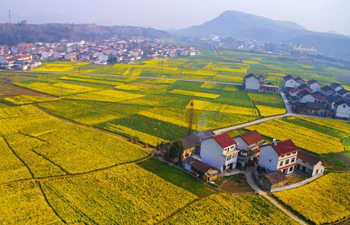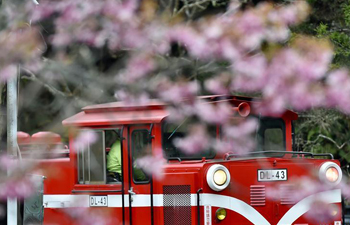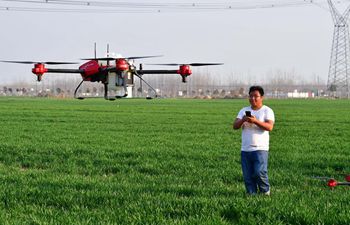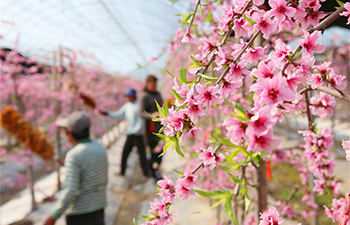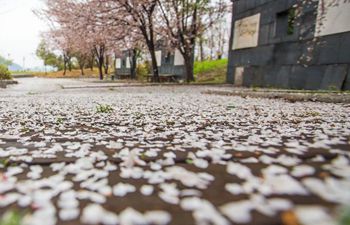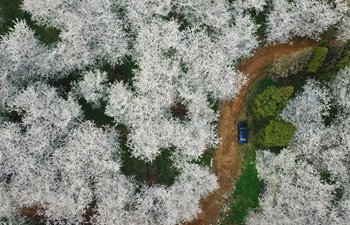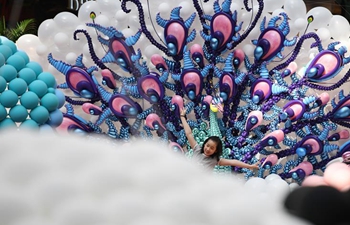WASHINGTON, March 15 (Xinhua) -- A new gene study published on Thursday in the journal Cell has revealed that modern humans interbred with another species of archaic hominins, the Denisovans, on at least two occasions instead of the previous opinion of one-off admixture.
Researchers from the University of Washington have identified that the genomes of two groups of modern humans with Denisovan ancestry, which are individuals from Oceania and individuals from East Asia, are uniquely different, indicating that there were two separate episodes of Denisovan admixture.
The Denisovans were unknown until 2010, when an archaeological study unveiled the discovery of a tiny fragment of a child's finger bone in Denisova cave in Siberia's Altai Mountains in Russia.
DNA sequencing showed that the child did not belong to any known ancient hominins, such as Neanderthals. Therefore, it had to be something new.
"What was known already was that Oceanian individuals, notably Papuan individuals, have significant amounts of Denisovan ancestry," said the paper's senior author Sharon Browning, a research professor of biostatistics with University of Washington School of Public Health.
They found that the genomes of modern individuals from Papua New Guinea contain approximately 5 percent Denisovan ancestry.
Previously, researchers also knew Denisovan ancestry is present to a lesser degree throughout Asia, but they assumed that the ancestry in Asia was achieved through migration, coming from Oceanian populations.
"But in this new work with East Asians, we find a second set of Denisovan ancestry that we do not find in the South Asians and Papuans," she said. "This Denisovan ancestry in East Asians seems to be something they acquired themselves."
After studying more than 5,600 whole-genome sequences from individuals from Europe, Asia, America, and Oceania and comparing them to the Denisovan genome, Browning and colleagues determined that the Denisovan genome is more closely related to the modern East Asian population than to modern Papuans.
"The assumption is that admixing with Denisovans occurred fairly quickly after humans moved out of Africa, around 50,000 years ago, but we do not know where in terms of location," Browning said.
Browning suggested that perhaps the ancestors of Oceanians admixed with a southern group of Denisovans while the ancestors of East Asians admixed with a northern group.
Going forward, the researchers plan to study more Asian populations and others throughout the world, including Native Americans and Africans.
"There are signs that intermixing with archaic humans was occurring in Africa, but given the warmer climate, no one has yet found African archaic human fossils with sufficient DNA for sequencing."




